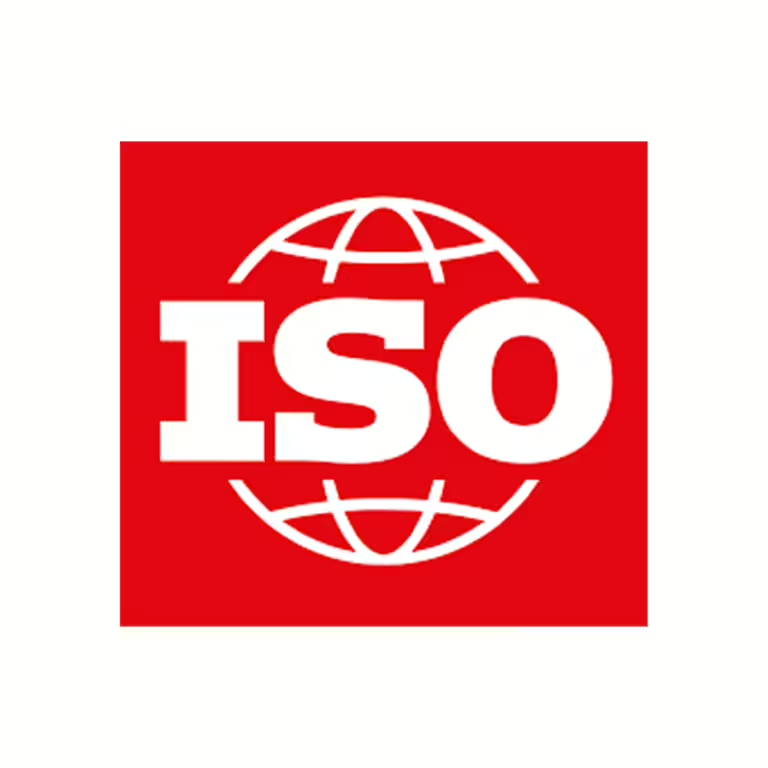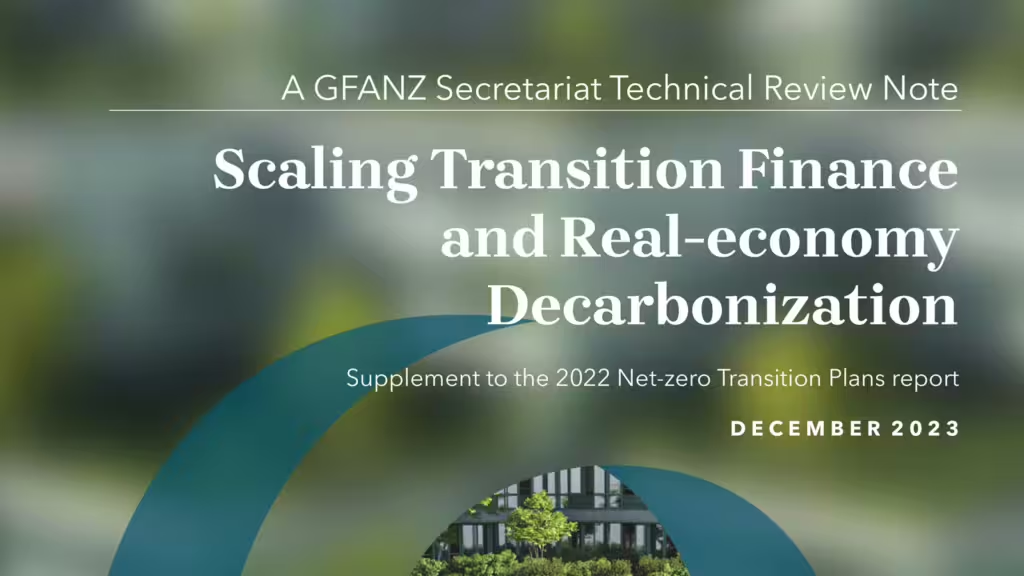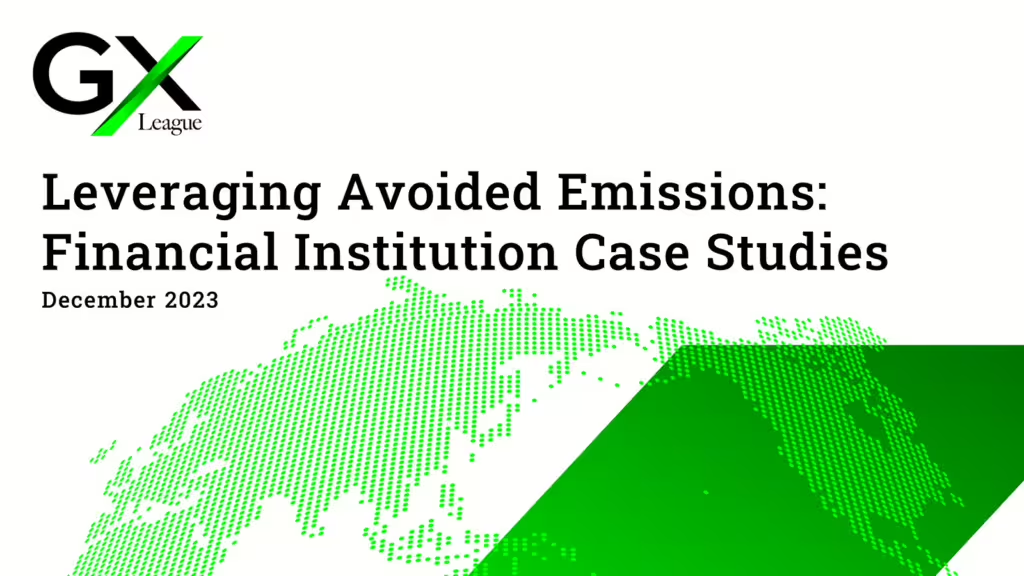Avoided Emissions
A new perspective for businesses to scale climate innovations
In a world striving for a Net Zero future, businesses are in need for credible ways to measure their contributions to global decarbonization efforts. An important part of the answer to this challenge lies in the concepts of Avoided Emissions and intervention-based impact accounting.
Welcome to WBCSD’s dedicated page on Avoided Emissions. Avoided Emission are a critical concept to scale low-carbon solutions and show companies’ ability to solve climate challenges. This page provides access to our Guidance on Avoided Emissions , industry use cases, sector-specific methodologies, as well as guides for finance and policy actors.
How can we turn companies into climate innovators?
Why avoided emissions
matter
Avoided emissions represent emission reductions that are realized for other businesses and consumers through the company’s products and services. The are calculated by comparing a scenario with a low-carbon solution in place to a most likely alternative scenario with higher emissions. So, avoided emissions can be a powerful concept to accelerate decarbonization as it allows to compare solutions according to their decarbonization potential (i.e., not only based on their inventory footprints) and to identify markets where the potential can be maximised. Such emissions savings provide a comprehensive picture to assess climate solution and support the development and scaling of products and services necessary to achieve Net Zero.
For decades, corporate climate approaches were risk- and reduction-led as the focus lay on minimizing inventory emissions following ESG frameworks like GHG Protocol, CDP, and GRI. While these frameworks remain critical for companies and investors to reduce emissions in their operations, portfolios, and supply chains, the necessary shift towards large-scale emission reduction fails to materialize.
Building on these existing frameworks, companies need to understand and measure their ability to solve climate challenges and contribute to wider systems transformation through their products and services. The global transition to Net Zero is entering a new phase, where (cross-)sectoral collaboration and accountability come to the fore. To meet the shared goal of achieving Net Zero globally by 2050, companies need to transform into climate solution providers. This is only possible if they understand the impact that their products and services have on others.
Pioneering a
global standard
The WBCSD Guidance on Avoided Emissions is takes the first critical step towards reconciling avoided emissions and intervention-based carbon accounting with globally recognized inventory-based carbon accounting standards.
We released the first version of the Guidance on Avoided Emissions in 2023. The Guidance was presented by our leadership at the Sapporo G7 Ministers Meeting in April 2023, and was endorsed in the 2023 G7 Climate, Energy and Environment Ministers’ final communiqué. A refined version of the Guidance was released in 2025 after a 2-year structured testing program with WBCSD member companies and a 60-day open consultation period. Over 100 multinational companies and expert organizations contributed to the updated WBCSD Guidance on Avoided Emissions.
This document seeks to bring methodological
harmonization and provide concrete guidance on how companies can assess and disclose avoided emissions. We aim to help companies utilizing the decarbonizing impact of their solutions in decision-making and for competitive advantage.
How we're building the primary platform to scale low-carbon solutions
Explore the future of climate action with the Avoided Emissions program at WBCSD. We want to deploy an evidence-driven, science-based and multi-stakeholder approach to evolve and leverage impact accounting for climate solutions & solution providers, and bring an opportunity-led perspective into corporate climate action based on strong guardrails and transparency levels. We operate along focus areas:
Implementation
Identifying and implementing avoided emissions solutions is a focal point of our work. Therefore, we are committed to sharing use cases and insights through a dedicated repository to create best practices and improve methodological approaches. Additionally, we provide sector-specific applications of the WBCSD Avoided Emissions guidance to harmonize methodological approaches and provide managerial guidance. The first sector guidance documents are available for the ag&food and built environment sectors. We are currently working on sector guidance for the energy, transport/mobility, and forest sectors.
Finance & Policy
Collaboration is at the heart of our approach to mobilize systems transformation. We are actively engaging with leading finance and policy actors to co-develop methodologies and instruments that fund and incentivize low-carbon solutions. Our collaborators include the Glasgow Financial Alliance for Net Zero (GFANZ), the Partnership for Carbon Accounting Financials (PCAF), Prime Coalition, and the Impact Convergence Forum. Our goal is to strengthen the relationship between industry, policy and private/public transition finance agendas and provide solution-directionality for decarbonization pathways and capital mobilization.
Methodology & Standard
In our ongoing pursuit of transparency and practicability, we are dedicated to developing and enhancing the leading cross-sectoral framework on avoided emissions accounting. This involves constant efforts to increase robustness, usability, and adoption while engaging with established standard bodies such as GHG Protocol, ISO, IEC, and SBTi. We are playing a pivotal role in the formalization and standardization of intervention-based GHG accounting which provides the methodoligical foundation for specialized methodologies, e.g., in context of market-based instruments.
Avoided emissions in action: use cases
Latest
Resources
News
& insights
Related
work
Our members
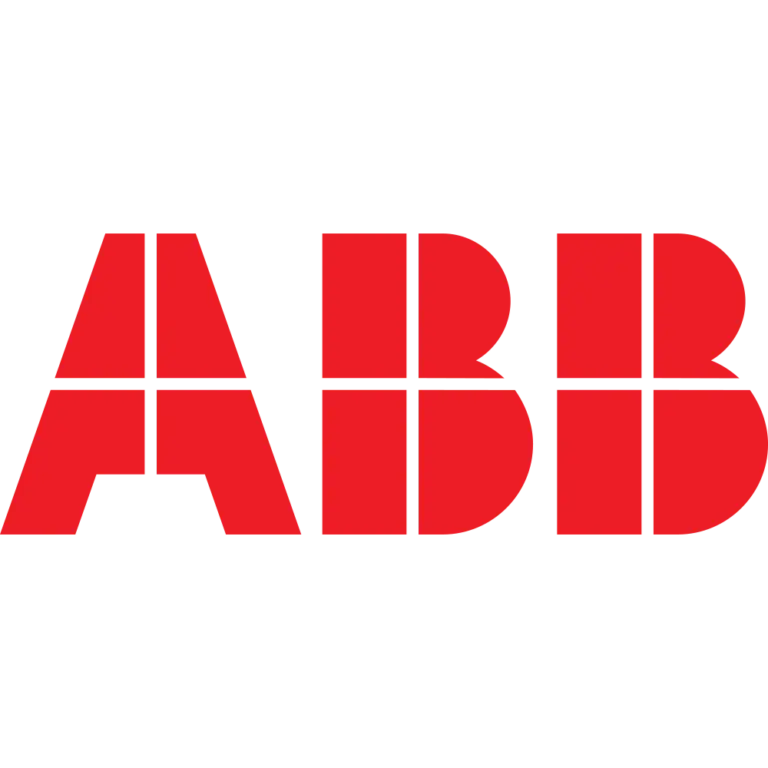









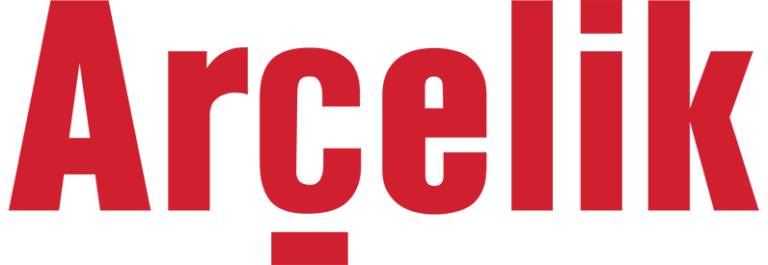


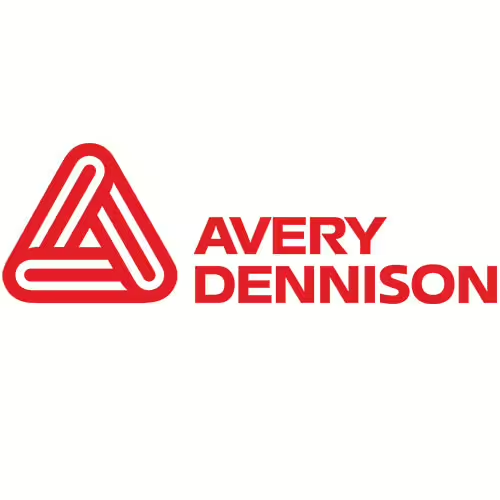

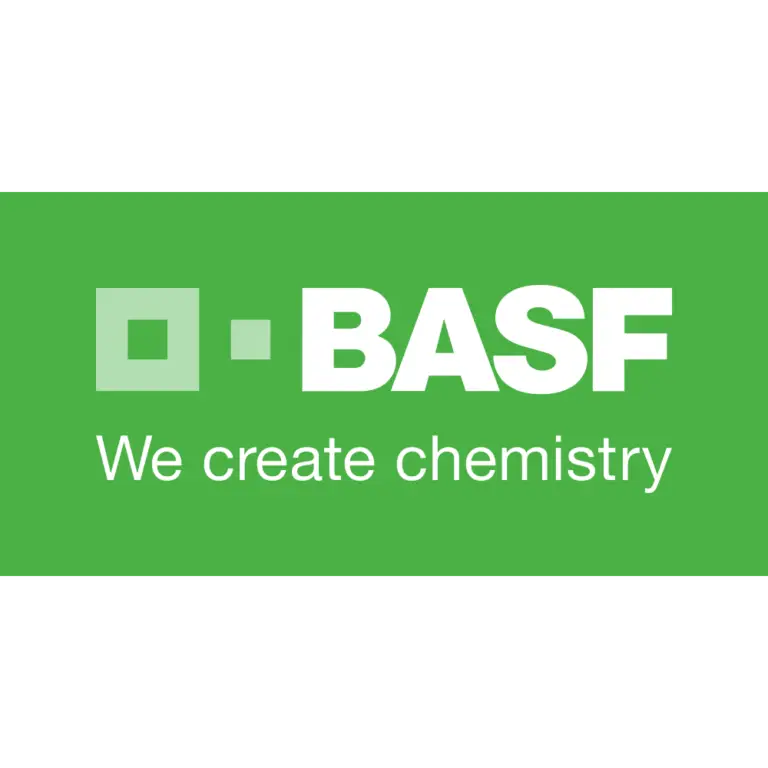

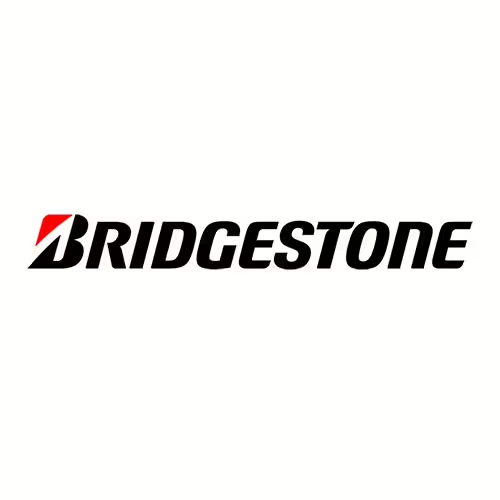
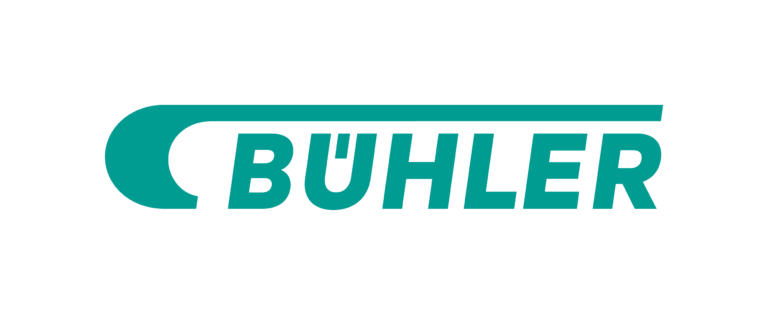

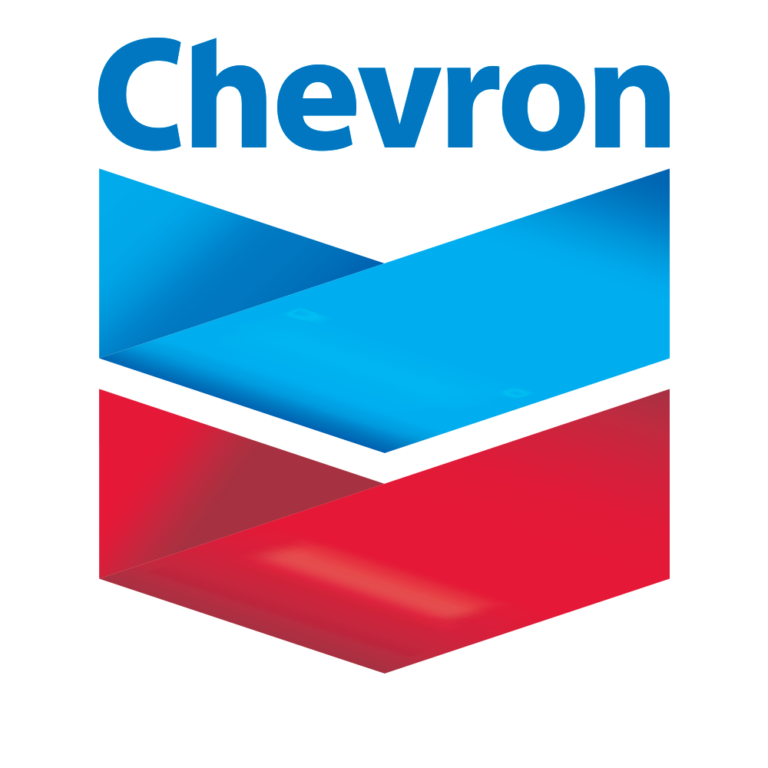











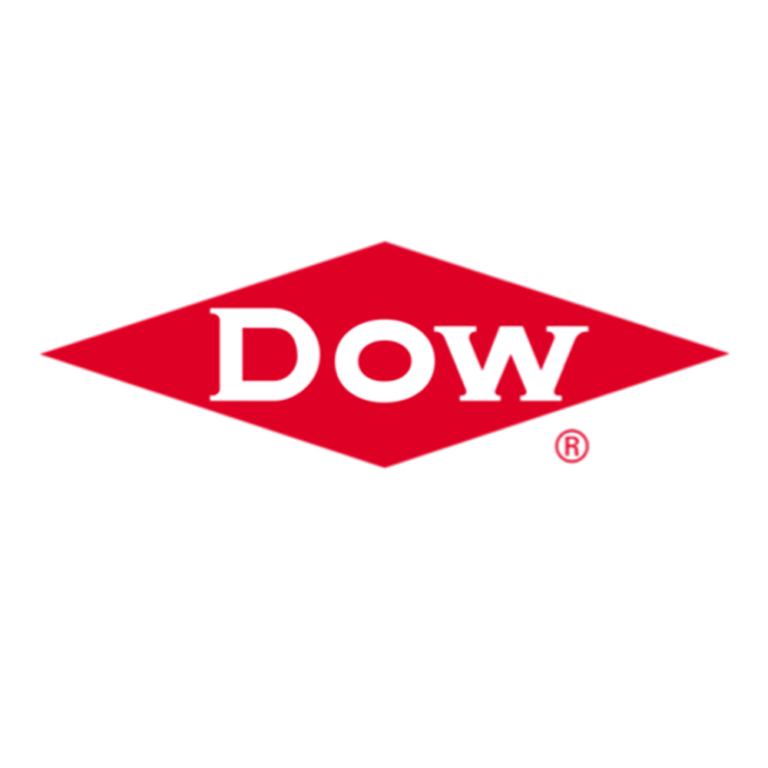


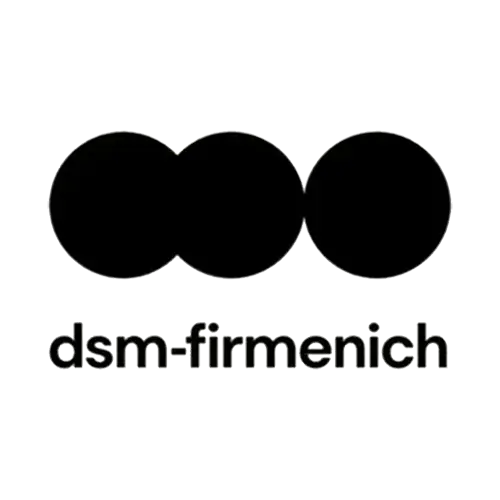
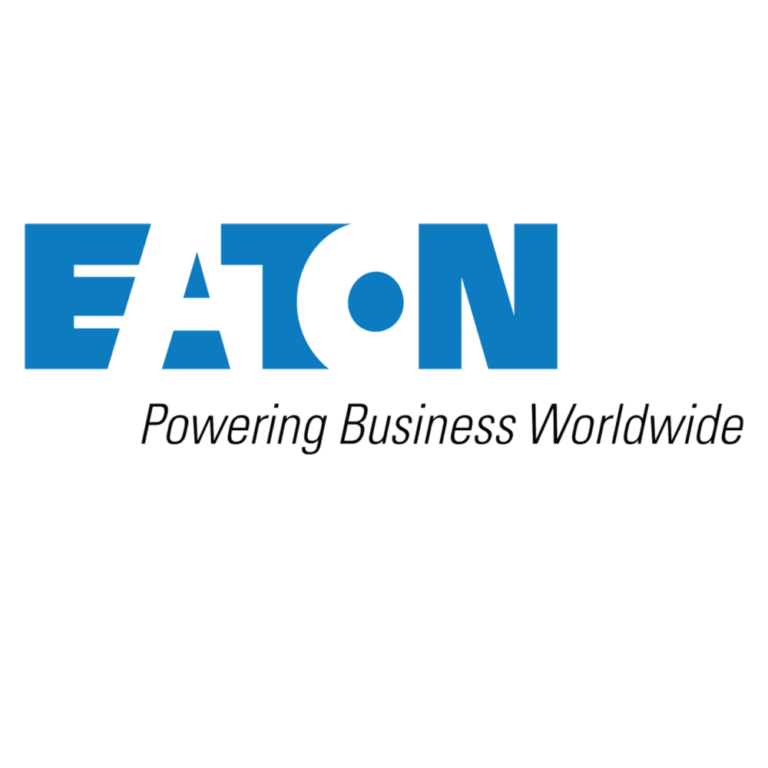


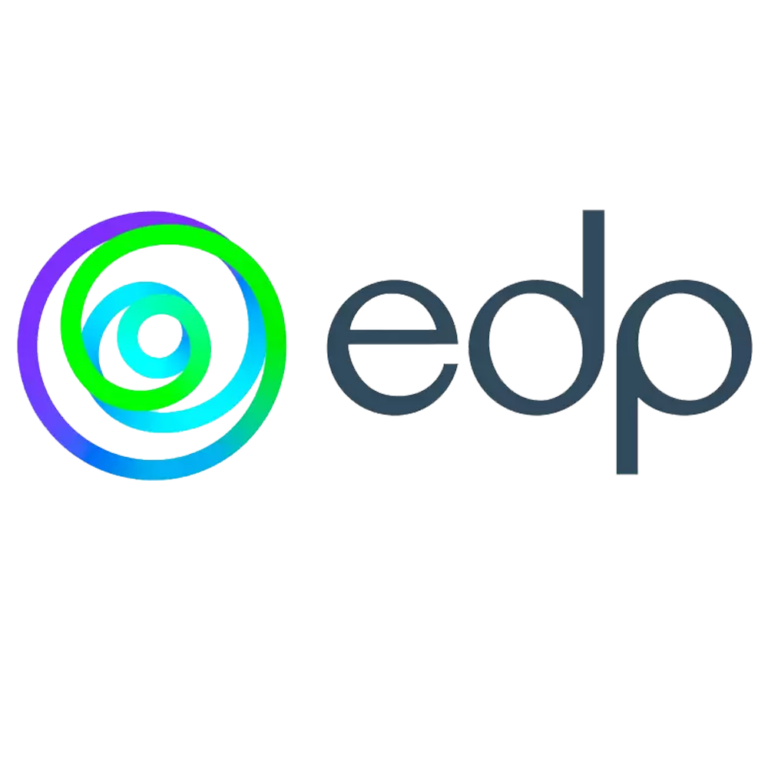

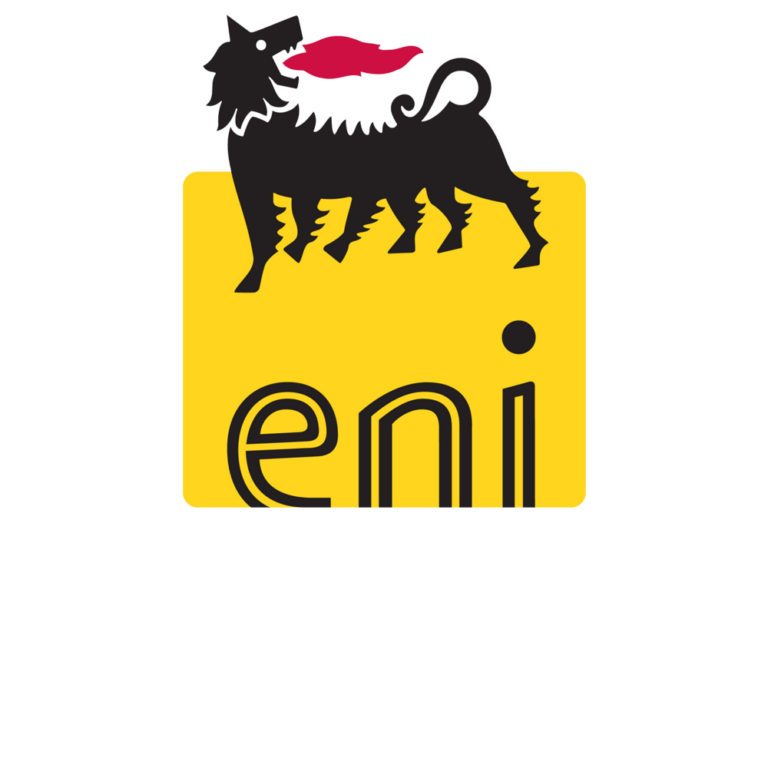








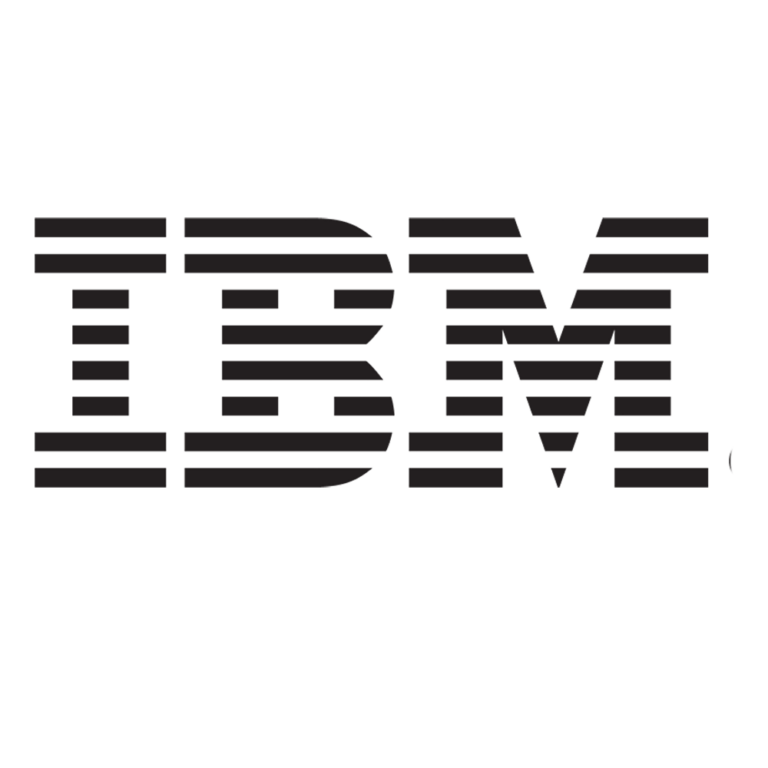




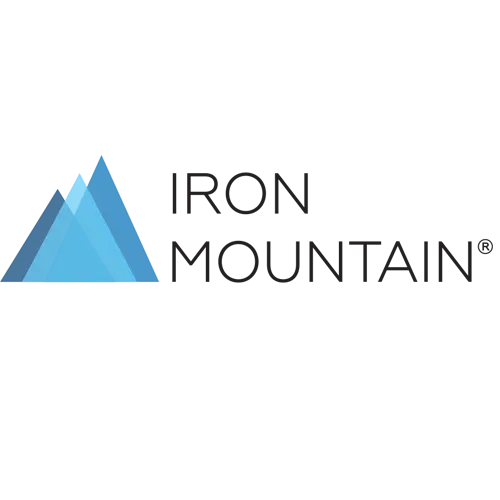
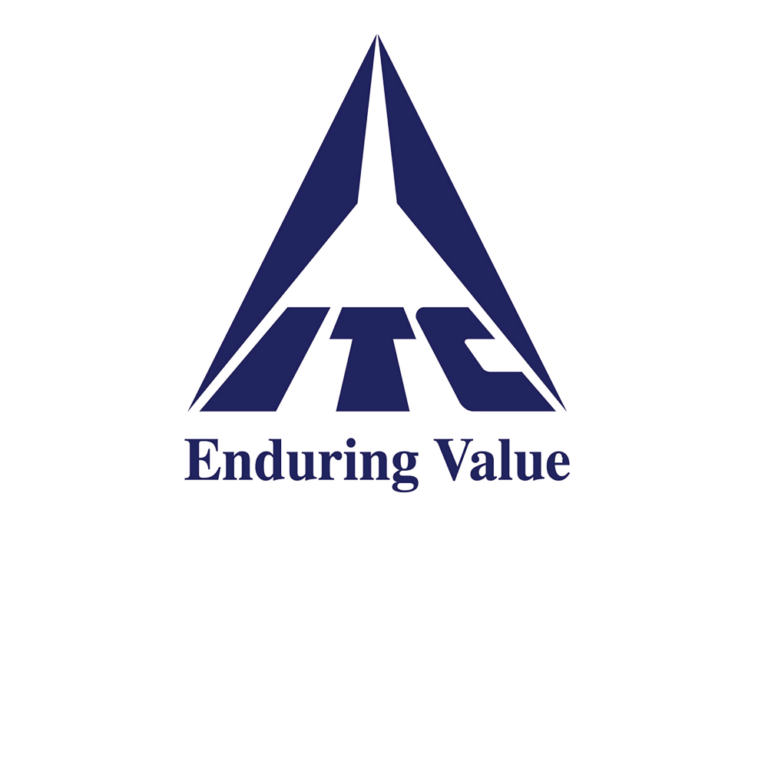










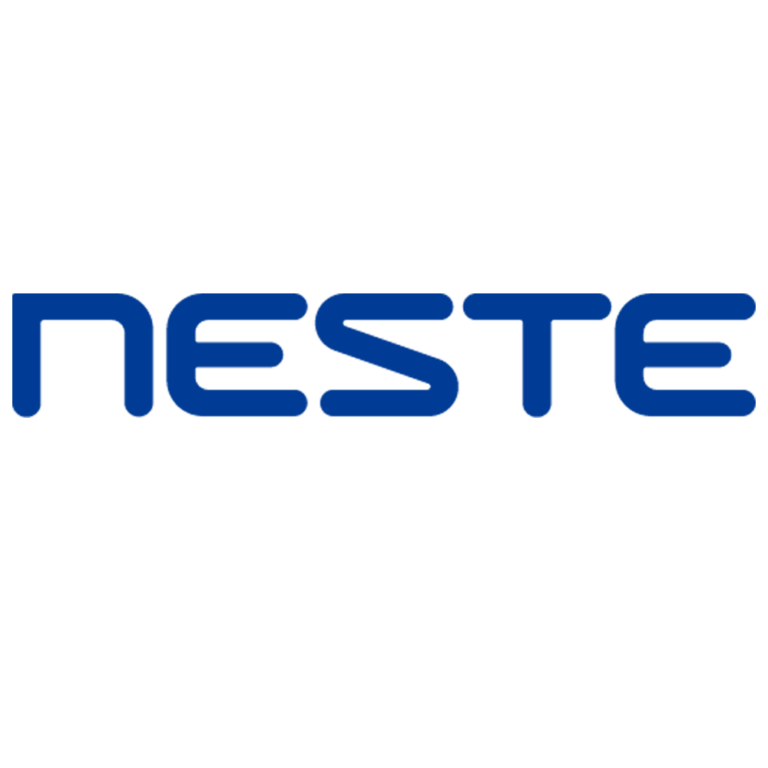



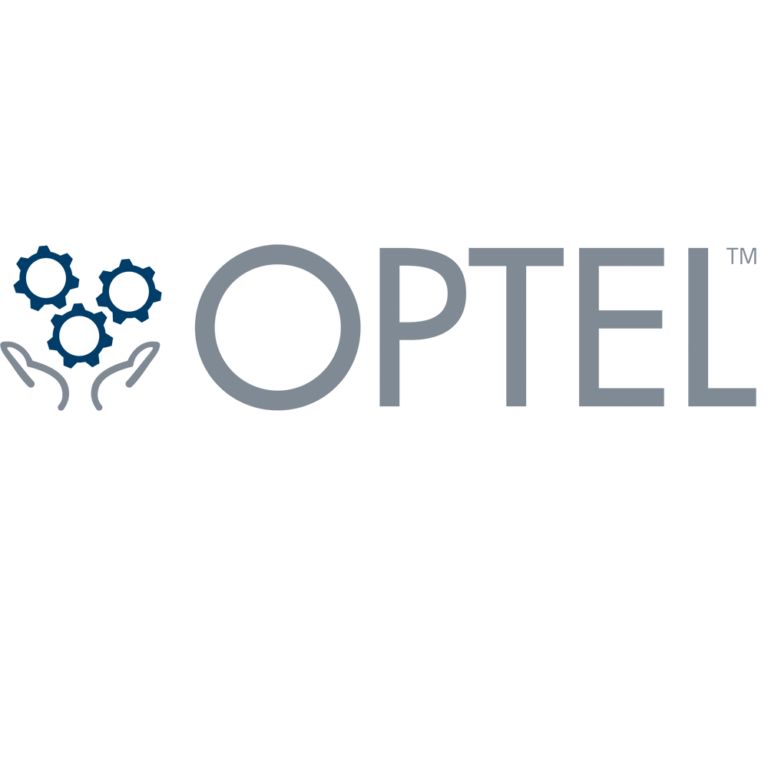

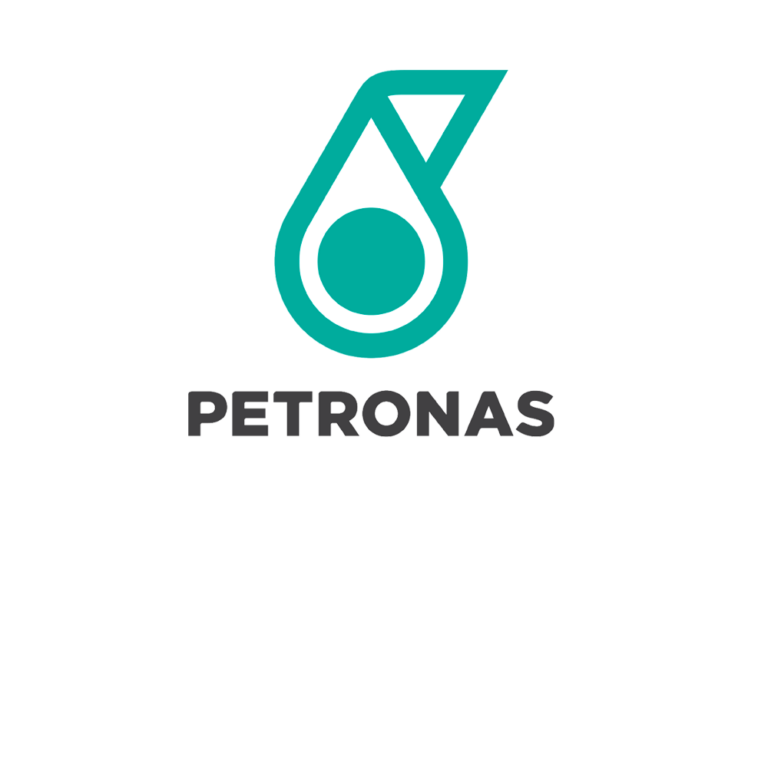
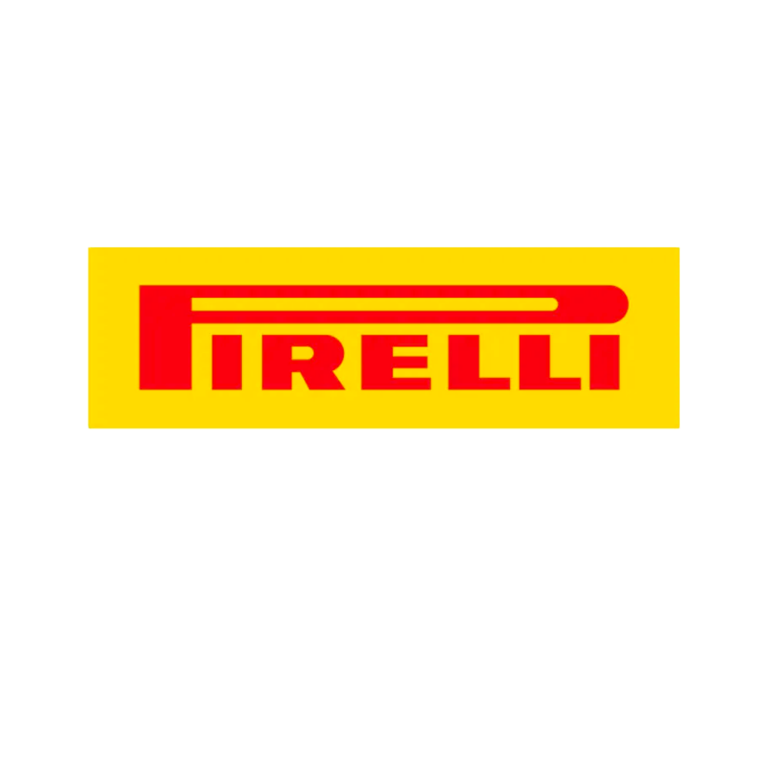
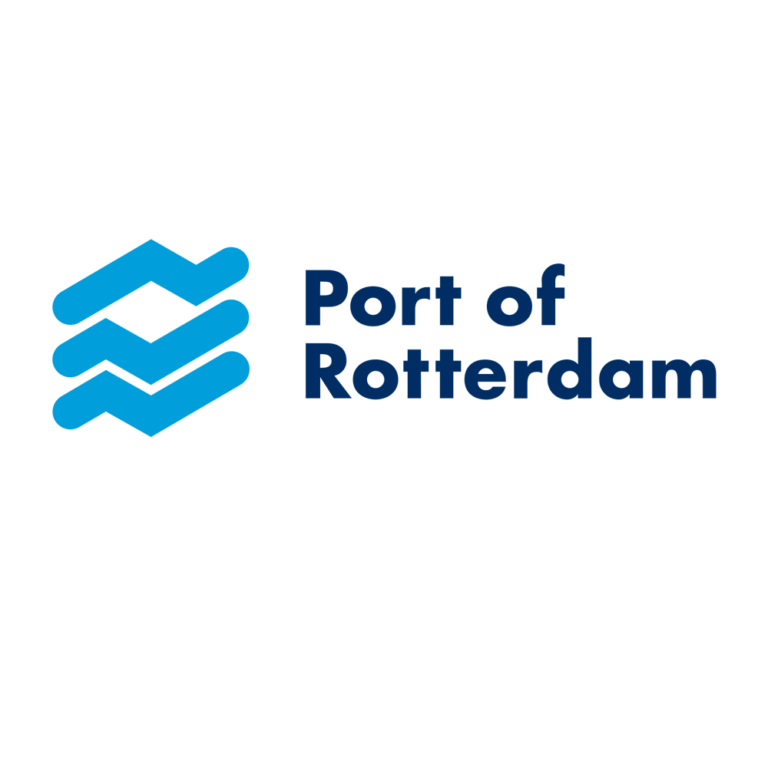



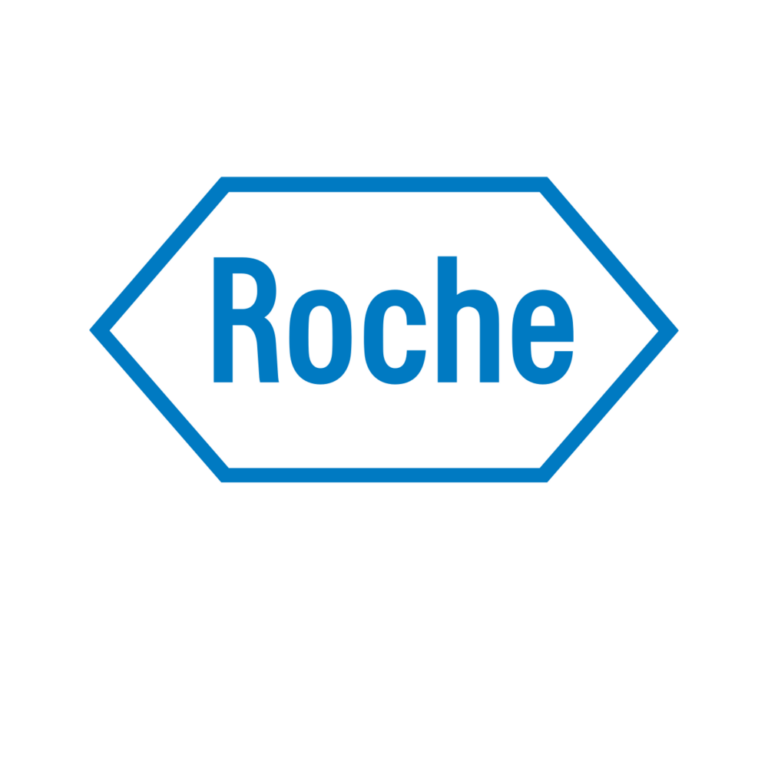
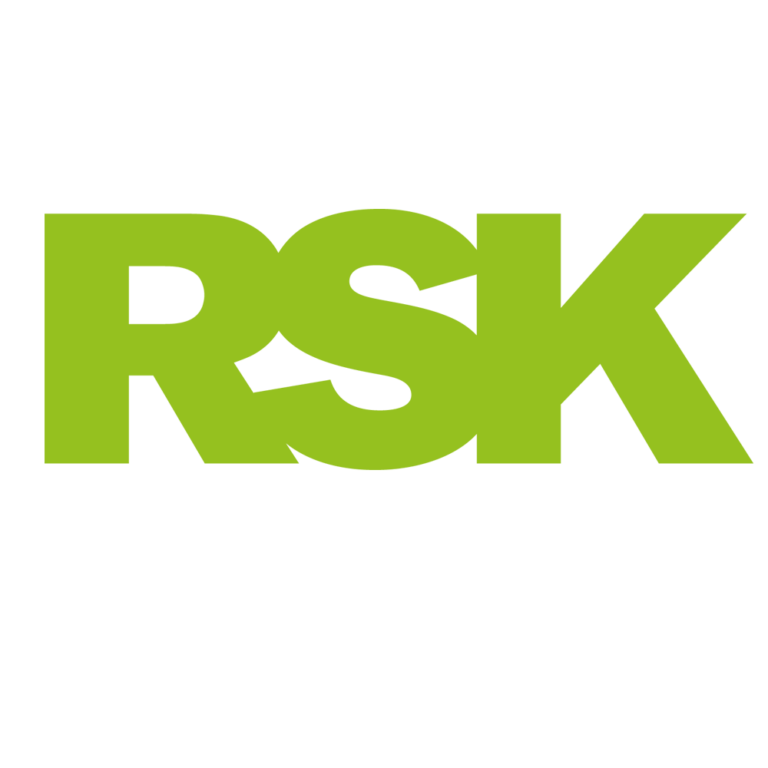







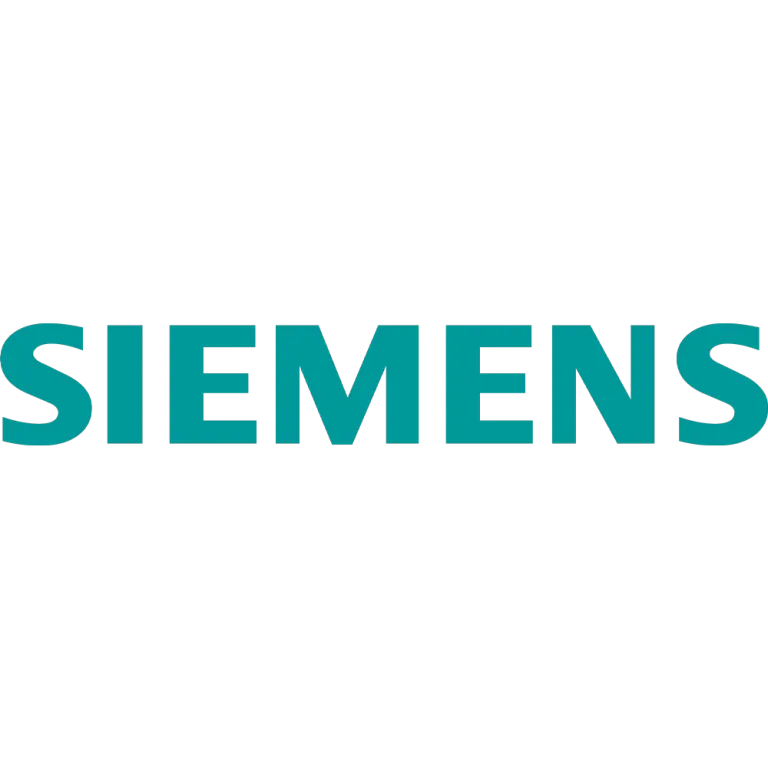
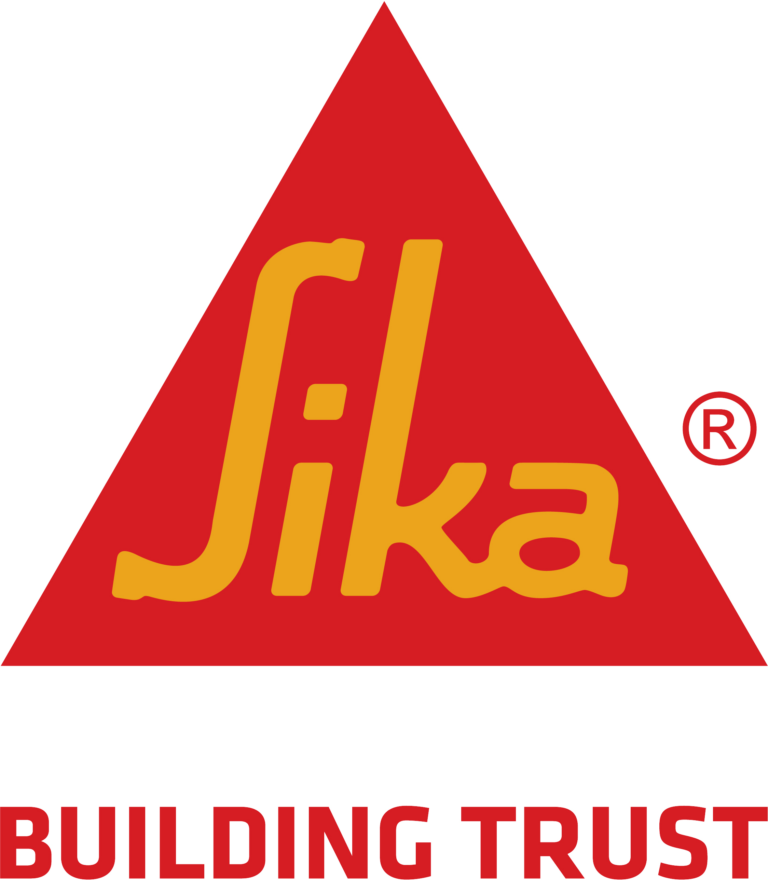




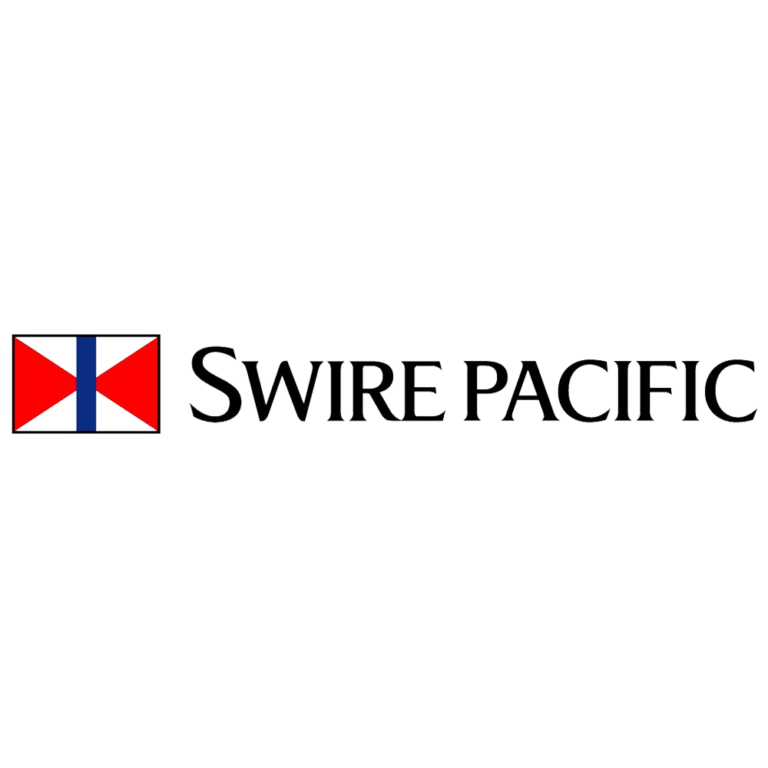



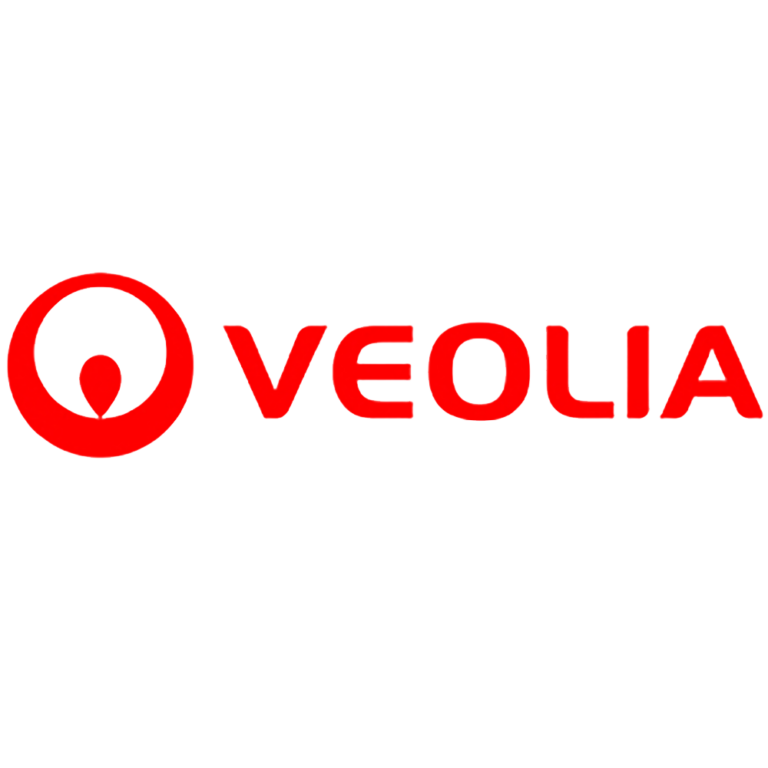

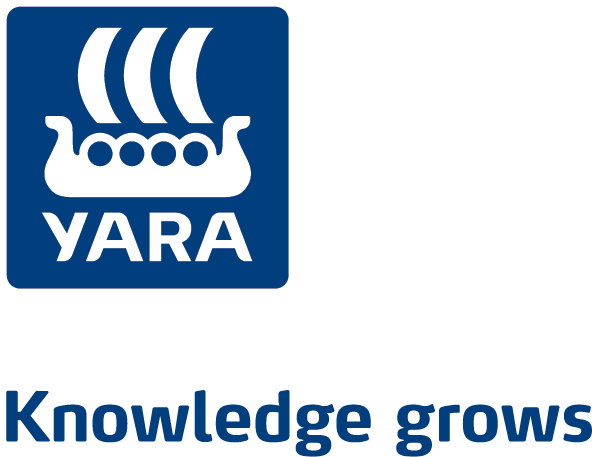
Our partners






